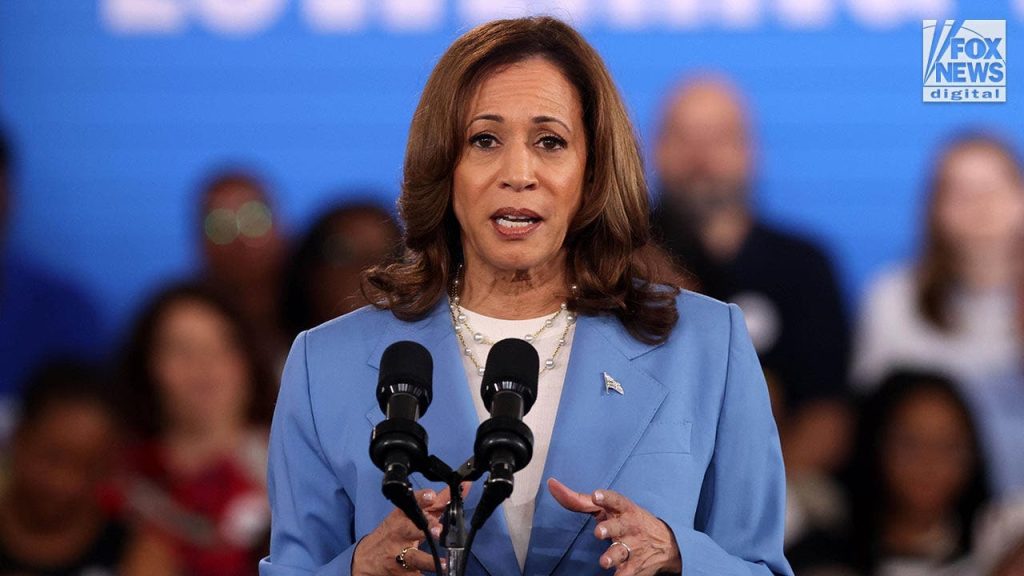The car industry is shifting away from electric vehicles (EVs) in favor of hybrid options, dealing a blow to the Biden-Harris administration’s efforts to promote EV sales. Ford recently announced a change in its EV strategy, opting to focus on profitable hybrid vehicles rather than an all-electric, three-row SUV. This move is seen as a rejection of left-wing electric car initiatives championed by Vice President Harris. Critics argue that the government’s push for EVs is unwanted and impractical, leading to job losses and increased dependence on China.
Harris has been involved in promoting the transition to clean energy during her time as vice president, including support for the failed Green New Deal legislation and spearheading the Clean School Bus program. However, the program has faced criticism for falling short of its goals, with only 60 electric or low-emissions buses delivered out of a planned 2,500. Harris faced ridicule for gushing over yellow school buses during a visit, highlighting concerns about her public speaking abilities.
The Biden-Harris administration has set ambitious goals for EV adoption, aiming for EVs to make up 50% of all car sales by 2030. However, the rollout of charging stations has been slow, with only a handful in operation despite a federal program to install 500,000 by 2030. Transportation Secretary Buttigieg faced questioning over the lack of progress on charging infrastructure, highlighting challenges in implementing the administration’s EV push.
Critics argue that the push for EVs has been rushed and will likely fail, with car industry leaders warning that the transition to EVs has been too rapid. Ford has reported losses in its EV division, and other automakers have expressed concerns about the pace of change. Former President Trump has pledged to end the electric vehicle mandate if elected, citing concerns about the impact on the auto industry and consumers. Trump’s comments have reignited the debate over the future of EVs and fossil fuels in the U.S.
As the Biden-Harris administration continues to promote EVs, concerns remain about the feasibility and effectiveness of the transition. The shift away from traditional gas-powered vehicles poses challenges for manufacturers and consumers, raising questions about job losses and economic impacts. Amid the ongoing debate over the future of transportation, the role of EVs in reducing emissions and combating climate change remains a contentious issue. The outcome of these efforts will likely shape the direction of the auto industry and energy policy in the coming years.


